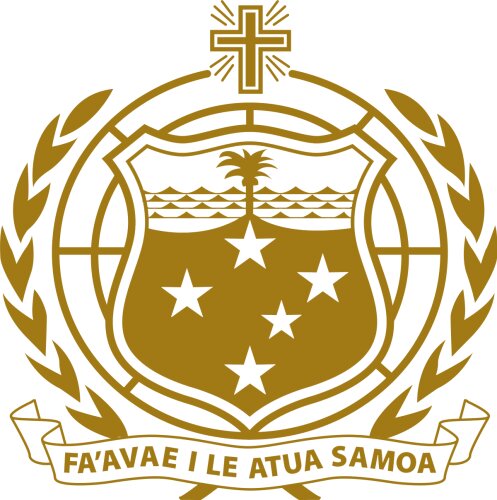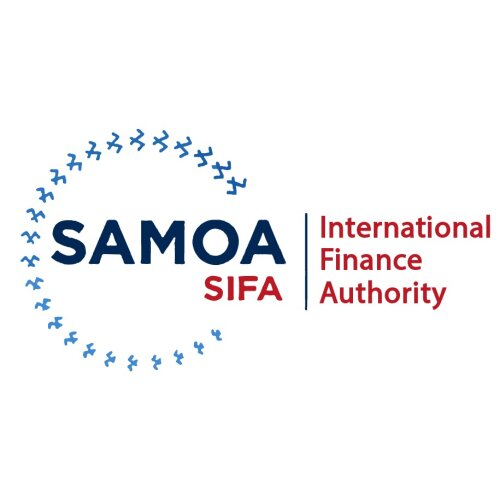Best Public-Private Partnerships (PPP) Lawyers in Apia
Share your needs with us, get contacted by law firms.
Free. Takes 2 min.
List of the best lawyers in Apia, Samoa
About Public-Private Partnerships (PPP) Law in Apia, Samoa
Public-Private Partnerships (PPPs) are collaborative agreements between government agencies and private sector entities to finance, build, and operate projects such as infrastructure, public services, or development initiatives. In Apia, Samoa, PPPs play an important role in driving economic and social development by leveraging private investment and expertise in areas like transportation, utilities, healthcare, and tourism. PPP law in Apia is shaped by national statutes, policy frameworks, and contractual agreements which outline the rights, responsibilities, and obligations of all parties to promote transparency, efficiency, and public benefit.
Why You May Need a Lawyer
Navigating a PPP in Samoa often involves complex contracts, regulatory compliance, project financing, risk assessment, and negotiations with government authorities. Legal counsel is critical to ensure that all contractual obligations are fair and enforceable, and that private and public interests are balanced. Common situations where legal help is needed include:
- Drafting and negotiating PPP contracts
- Advising on regulatory compliance and permits
- Resolving disputes between parties
- Understanding fiscal obligations and liabilities
- Structuring investment and risk-sharing arrangements
- Assisting with project financing and guarantees
- Compliance with local employment, land, and environmental laws
Local Laws Overview
In Apia, Samoa, PPPs are generally governed by a combination of sector-specific legislation (such as laws regulating energy, water, and transport), the Public Finance Management Act, and contract law under the Samoan legal system. Key aspects include:
- Government Procurement: The government must follow transparent procurement procedures, ensuring fair competition and value for public money.
- Concession Agreements: Legal provisions detail the allocation of operational risks, return mechanisms, and performance requirements.
- Land Use and Property: Land acquisition, leasing, or use by private partners must comply with land ownership laws and customary land rights.
- Finance and Revenue Sharing: Clear guidelines for cost recovery, tariffs, and profit-sharing protect both parties’ interests.
- Dispute Resolution: Contracts should specify means of resolving disagreements, often through negotiation, mediation, or local courts.
Frequently Asked Questions
What is a Public-Private Partnership (PPP)?
A PPP is a formal arrangement between a government entity and a private sector company to deliver a project or service traditionally provided by the public sector, such as building roads or managing water supplies.
Who regulates PPPs in Apia, Samoa?
PPPs in Apia are overseen by government ministries relevant to the sector involved, such as the Ministry of Works, Transport and Infrastructure. Procurement and financial management fall under the Ministry of Finance.
What types of projects are usually developed through PPPs in Apia?
Common PPP projects include infrastructure development (roads, bridges, ports), utilities (water, electricity), healthcare facilities, and tourism initiatives.
How are PPP contracts awarded?
PPP contracts are typically awarded through a competitive bidding process, guided by government procurement laws that ensure transparency and fairness.
What are the main risks involved in PPPs?
Risks can include financial exposure, delays in project delivery, changes in law, political risks, and disputes over contract terms. Contracts detail risk allocation to minimize uncertainties.
Does the private partner own the infrastructure once the PPP project is completed?
It depends on the type of PPP. In many cases, infrastructure ownership remains with the government, while the private partner may operate or maintain it for an agreed period.
What happens in case of a dispute?
Dispute resolution mechanisms are written into most PPP contracts, often starting with negotiation or mediation, possibly leading to court proceedings in Samoa if unresolved.
Are foreign investors allowed to participate in PPPs in Samoa?
Yes, foreign investors can participate, subject to compliance with local laws, investment regulations, and government approval processes.
How is community interest or involvement protected in PPPs?
Public consultations, environmental and social impact assessments, and customary land rights reviews are incorporated to safeguard community interests throughout the PPP process.
Do PPPs require special permits or approvals?
Yes, all PPPs must secure necessary government permits and regulatory approvals. Legal review is recommended to navigate licensing, environmental, and land use requirements.
Additional Resources
If you need more information on Public-Private Partnerships in Apia, Samoa, the following resources and organizations can be helpful:
- Ministry of Finance (MoF) Samoa - for PPP policy, procurement regulations, and investment guidelines
- Ministry of Works, Transport and Infrastructure (MWTI) - for infrastructure sector PPPs
- Samoa Law Reform Commission - for legislative updates and guidance
- Samoa Chamber of Commerce and Industry - for private sector involvement and support
- Office of the Attorney General Samoa - for legal interpretation and government contracts
Next Steps
If you need legal assistance with a PPP in Apia, Samoa, start by outlining your project idea or concern and gathering any related documents. Contact a qualified local lawyer with experience in PPPs, procurement law, and government contracts. Arrange for a consultation to discuss your needs and obtain guidance on regulatory compliance, contract drafting, and risk management. Engaging a lawyer early can help ensure your interests are protected, promote smooth project implementation, and avoid costly disputes down the line.
Lawzana helps you find the best lawyers and law firms in Apia through a curated and pre-screened list of qualified legal professionals. Our platform offers rankings and detailed profiles of attorneys and law firms, allowing you to compare based on practice areas, including Public-Private Partnerships (PPP), experience, and client feedback.
Each profile includes a description of the firm's areas of practice, client reviews, team members and partners, year of establishment, spoken languages, office locations, contact information, social media presence, and any published articles or resources. Most firms on our platform speak English and are experienced in both local and international legal matters.
Get a quote from top-rated law firms in Apia, Samoa — quickly, securely, and without unnecessary hassle.
Disclaimer:
The information provided on this page is for general informational purposes only and does not constitute legal advice. While we strive to ensure the accuracy and relevance of the content, legal information may change over time, and interpretations of the law can vary. You should always consult with a qualified legal professional for advice specific to your situation.
We disclaim all liability for actions taken or not taken based on the content of this page. If you believe any information is incorrect or outdated, please contact us, and we will review and update it where appropriate.












